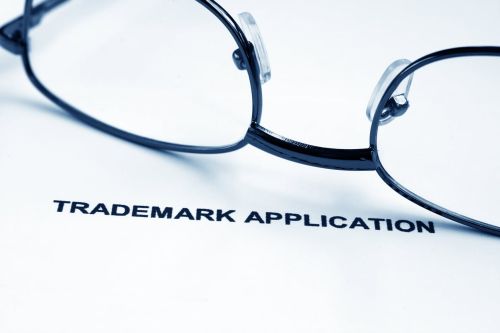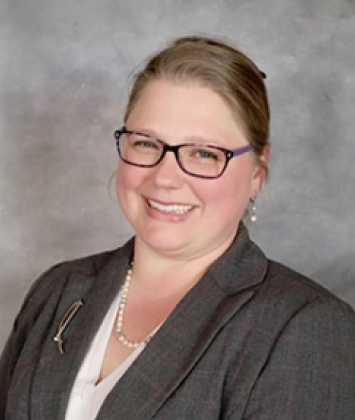The date of first use is one of the most important pieces of information you provide in your trademark application to the United States Patent and Trademark Office. Establishing that your mark is in use is a vital part of the trademark registration process. Absent the “use” component, a registrable trademark does not exist — it is merely a logo, slogan, or design. However, it is essential to understand what “first use” in trademark law means and how it is established to avoid any mistakes in your trademark application or negative consequences to your protective rights.
What is a Date of First Use?
The USPTO recognizes two different types of dates of first use: a date of first use anywhere and a date of first use in commerce. The “date of first use anywhere” is defined as the date on which the goods were first sold or transported — or the services were first rendered under the mark. Specifically, such use must have been bona fide and in the ordinary course of trade. “Anywhere” refers to use within the United States or elsewhere.
It's crucial to distinguish “use anywhere” from “use in commerce” to avoid denial of your application. While these might be the same date, recording the wrong date of use can also result in the trademark being declared void ab initio pursuant to Trademark Act Section 1(a) if registration of the mark is challenged. The date of first use in commerce is the date the goods were first sold or transported (or the services were rendered) under the mark in interstate commerce or commerce between the United States and a foreign country. The use of the mark must have been bona fide and in the ordinary course of trade.
How is the Date of First Use Determined?
It can sometimes be challenging to determine the date of first use, particularly in cases where the goods or services were being developed over a period of time. If the actual date is unknown, the month and year can be documented in the trademark application, and the USPTO would consider the last day of that month as the date of first use. In the event only the year of first use is known, and there is no specified month and day, the USPTO will presume the date is December 31 of that year.
If you are filing a trademark application based on use in commerce, it’s essential to understand that the USPTO requires bona fide sales. In other words, a substantial amount of sales must have occurred — the token sale of one product will not qualify for trademark protection. While there is no set criteria regarding the exact number of sales that must be made, an applicant must establish a “good faith effort to establish a trade.” Sham transactions carried out merely to secure trademark rights are not sufficient under the law for the purposes of registering a trademark.
The following types of uses would not be considered sufficient to qualify as bona fide sales for the purpose of establishing a date of use under trademark law:
- Shipping goods to friends or family
- Shipping goods to a sales representative for distribution as free samples
- Selling several items at a nominal fee for promotional purposes
- A single shipment of goods
- Infrequent shipments of goods normally sold in vast quantities
The USPTO must be provided with a date of first use that is as definite as possible. But should it be necessary to make any changes to a date of first use after a trademark application is submitted, an amendment may be filed. However, the amendment must be verified and supported with an affidavit or declaration. If the date of first use is later than the date on which the application was signed (but before it was filed), the USPTO permits you to clarify the date of first use since an applicant is unable to attest to use in the future.
Contact an Experienced Trademark Law Attorney
The process of filing a trademark application with the USPTO is complex and it is critical to have a trademark attorney by your side who can assist you with filing your application correctly. Located in Ann Arbor, Michigan, the Trademark Lawyer Law Firm, PLLC helps business owners, entrepreneurs, and startups with a wide variety of trademark matters. Contact us today to schedule a complimentary 15-minute consultation to learn how we can help you protect your most important asset — your trademark.




